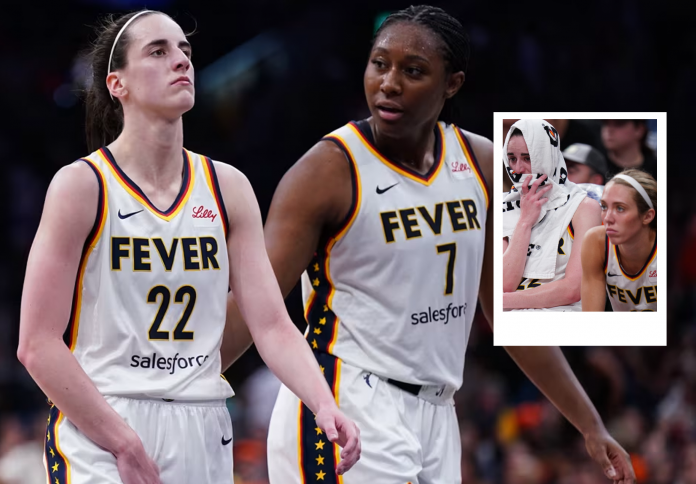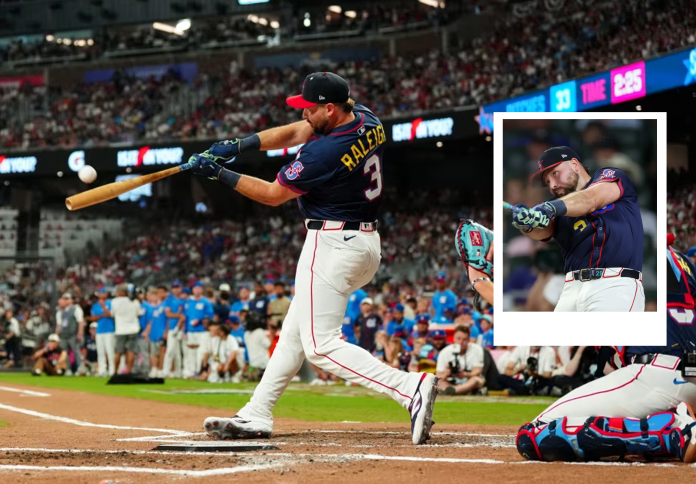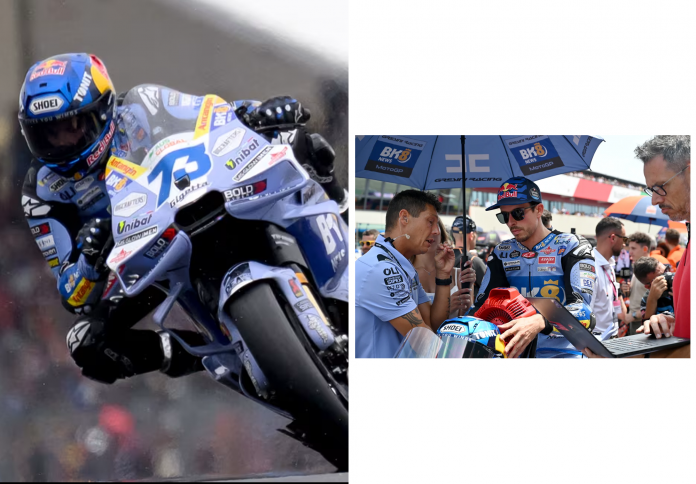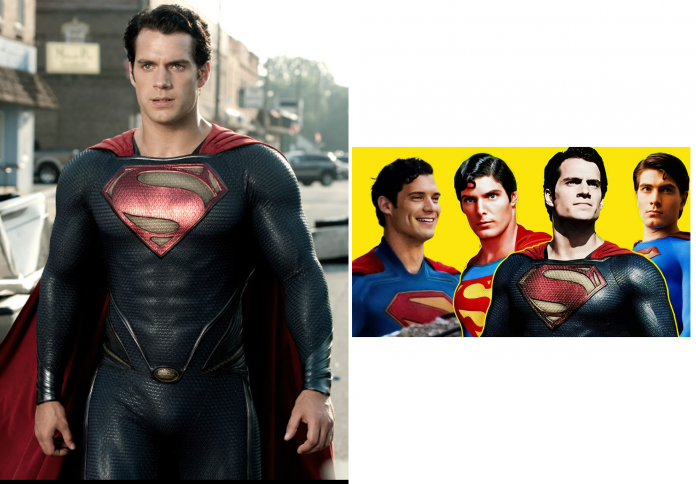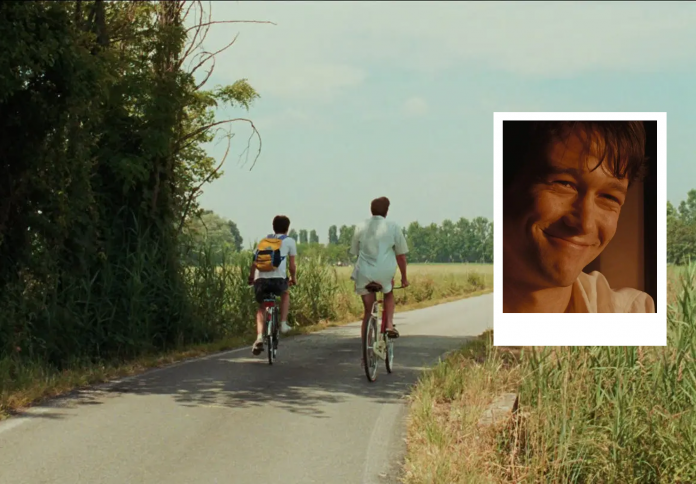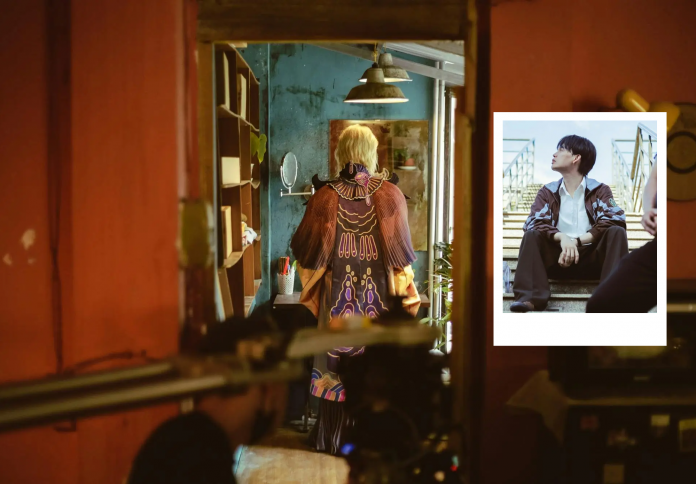As the WNBA’s top rookie and cultural phenomenon, Caitlin Clark was expected to light up the 2025 All-Star Game. But an unexpected omission has sparked debate—not just about one player’s exclusion, but about the league’s evolving identity, the politics of popularity, and the price of meteoric fame.
A star is born—and benched
Caitlin Clark’s arrival in the WNBA has been nothing short of electric. With record-breaking college stats, sold-out arenas, and a fervent fanbase, she’s injected new energy into women’s basketball. In a year when WNBA attendance and viewership are soaring, much of the spotlight has naturally followed her.
So when she wasn’t named to the All-Star roster by coaches—despite being second in fan votes—it raised more than a few eyebrows. Clark later confirmed she would not participate even as a replacement, citing a need to rest and recharge. But the omission continues to feel symbolic: a moment where rising stardom collided with the league’s entrenched structures.
Popularity versus peer validation
Clark’s absence wasn’t a result of lackluster fan support. The public clearly wanted her on the court. But in the WNBA, fans only vote for starters. Coaches select the rest—and many seemed to prioritize veterans or teammates with whom they have long-standing ties.
This disparity has reignited questions about how All-Star selections reflect merit, popularity, or professional pecking order. Is Clark being “humbled” by the league’s inner circle? Or is this simply a reflection of her needing more time to earn peer recognition? The debate reveals an ongoing tension between new audiences and the establishment’s measured pace of change.
Fatigue, pressure, and a season in overdrive
Physically and emotionally, Clark’s first professional season has been relentless. She leads her team, the Indiana Fever, in both minutes and media obligations. She’s also faced unprecedented scrutiny—from hard fouls on court to online debate over her every move.
By sitting out the All-Star Game, Clark is doing something rare for a rookie: asserting boundaries. Her choice not to join the festivities may be about more than rest—it may be an act of self-preservation in a sport that demands endurance as much as skill. In a league working to protect its stars, her decision spotlights the need to manage not just talent, but well-being.
The league, the moment, and what comes next
Clark’s absence underscored the growing pains of a league in flux. The WNBA is experiencing a visibility boom, with new viewers, larger contracts, and rising commercial interest. Yet its internal culture, forged over decades of underdog resilience, sometimes resists the instant celebrity that Clark embodies.
Still, her impact is undeniable. Whether on the court or on the sidelines, she draws attention and drives the conversation. And perhaps that’s what makes this All-Star snub so consequential—not because it diminishes her, but because it forces the league to confront what kind of future it wants to build: one rooted solely in tradition, or one open to transformation.
